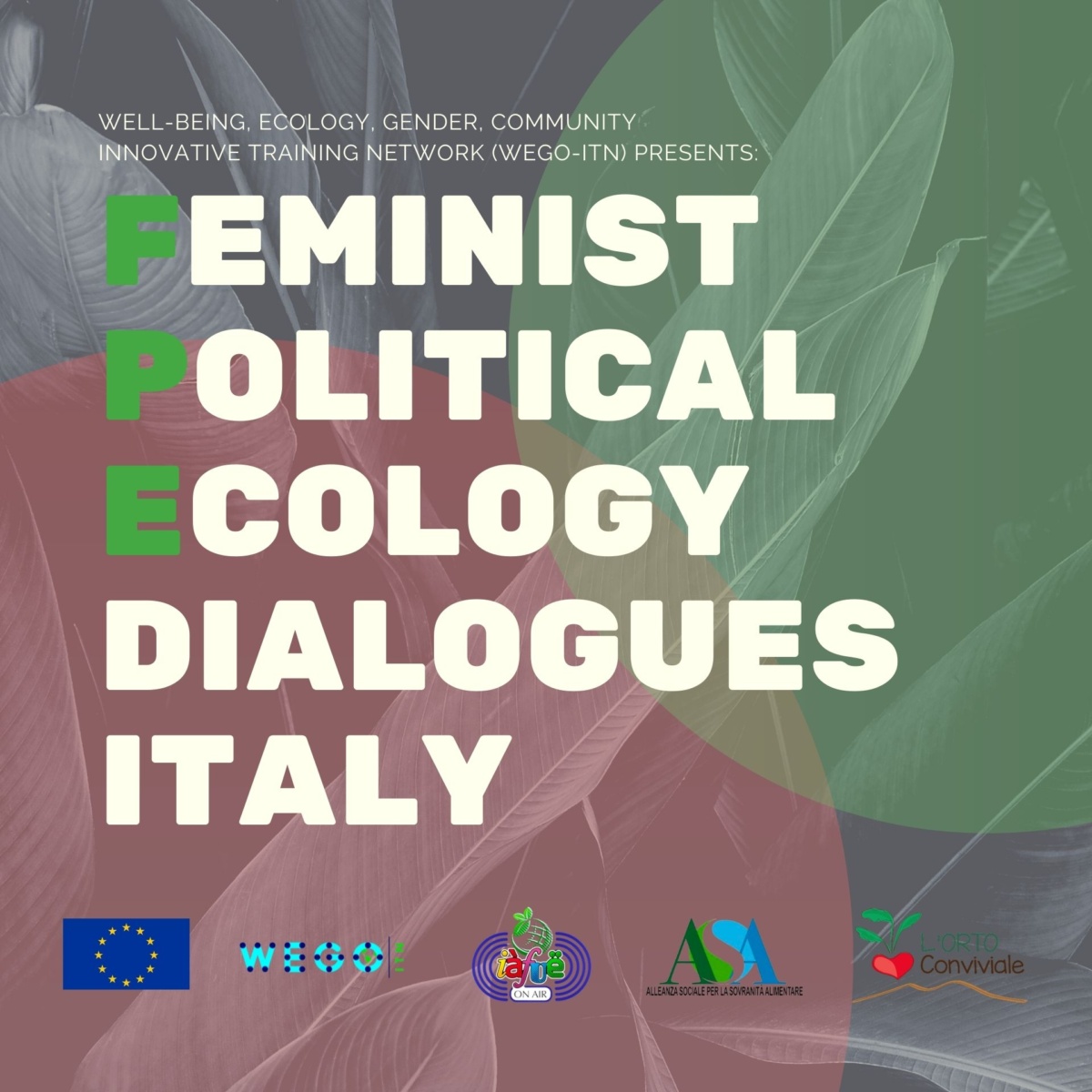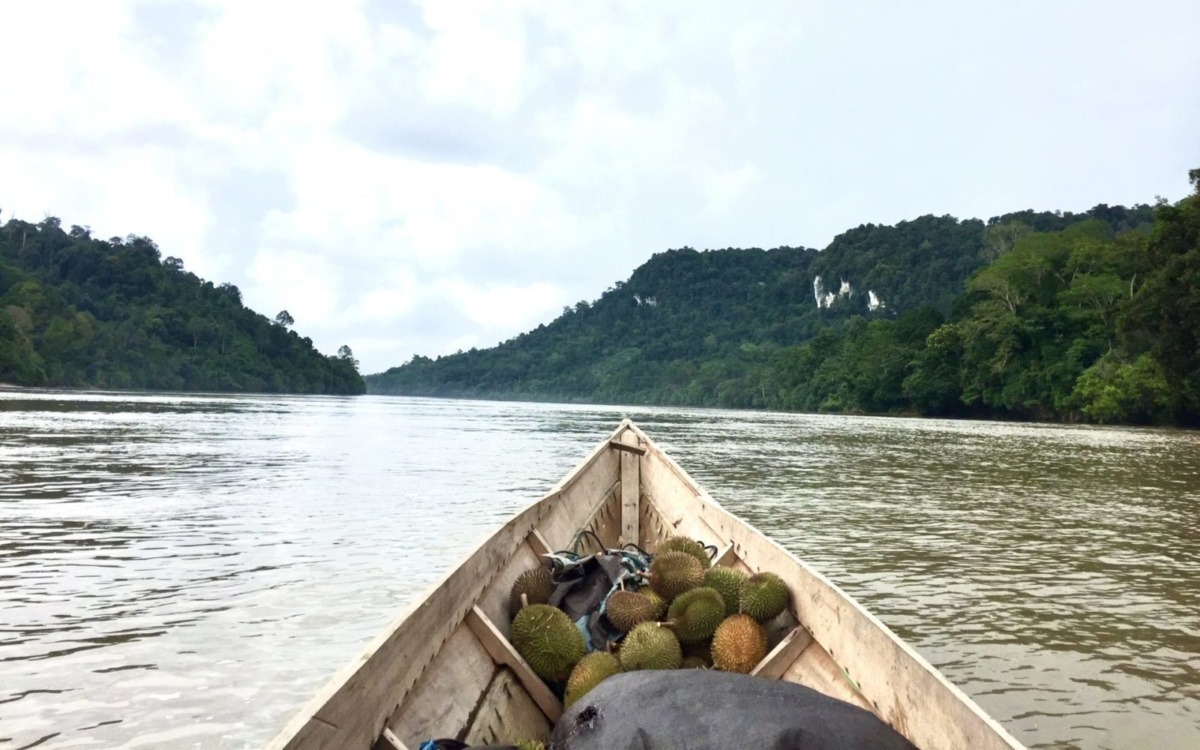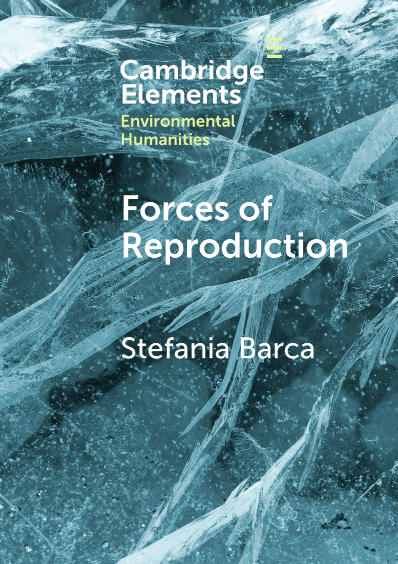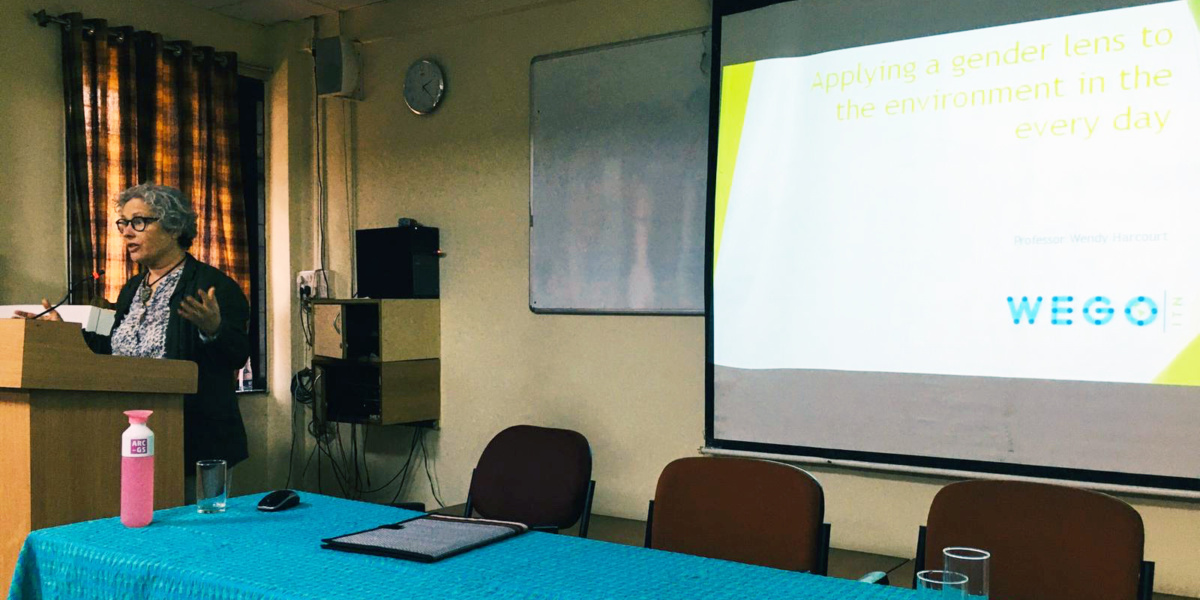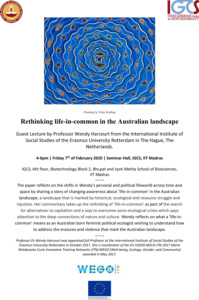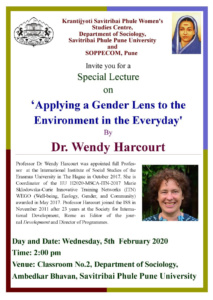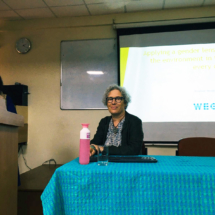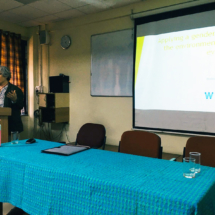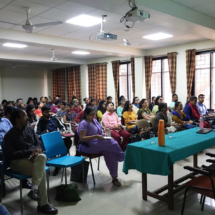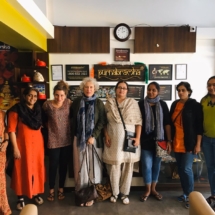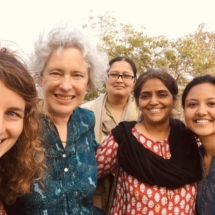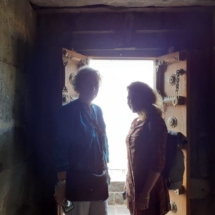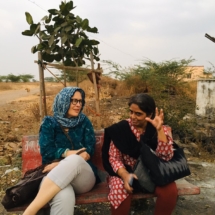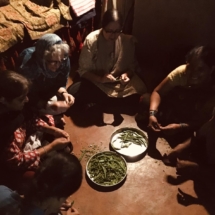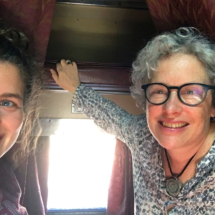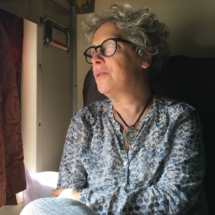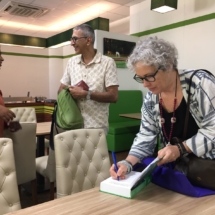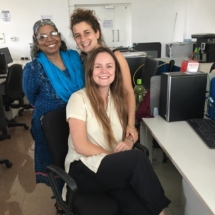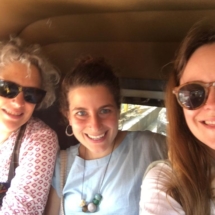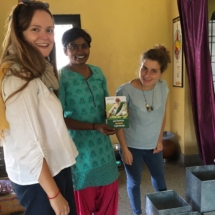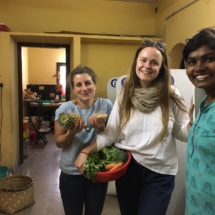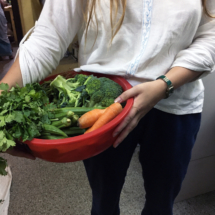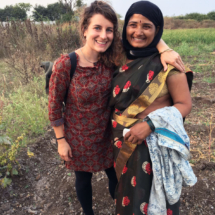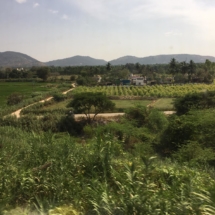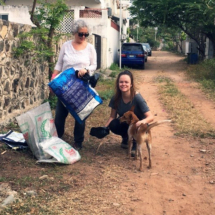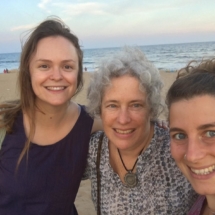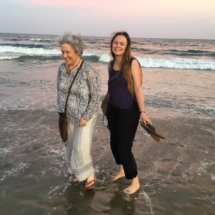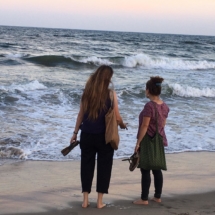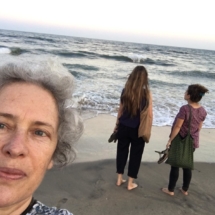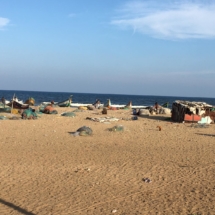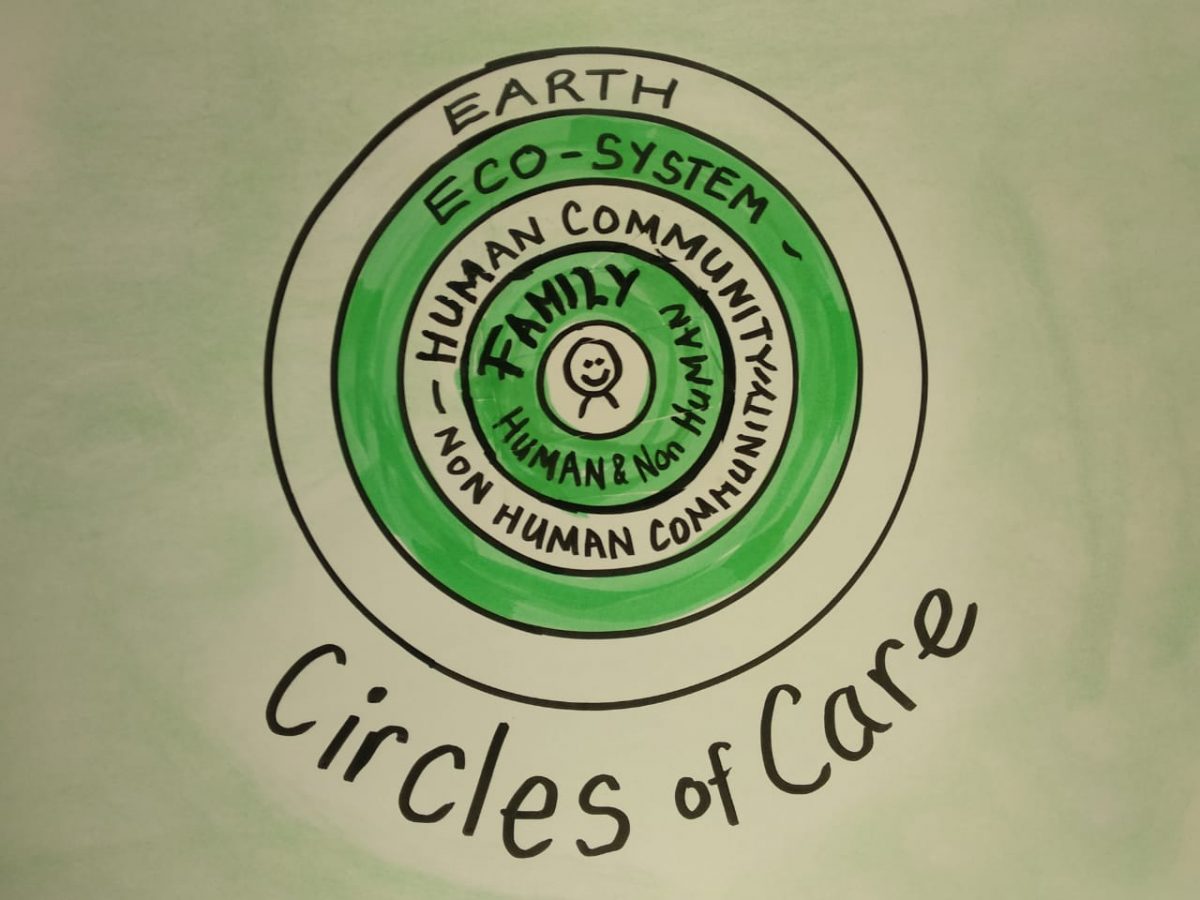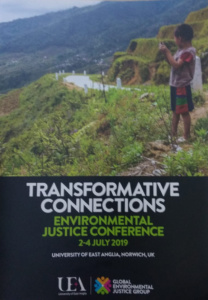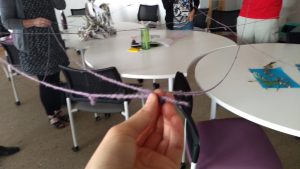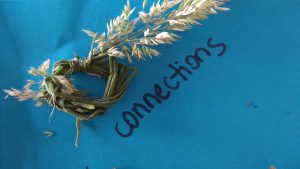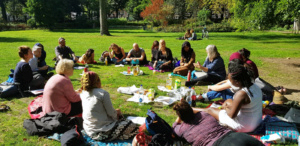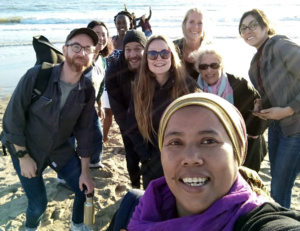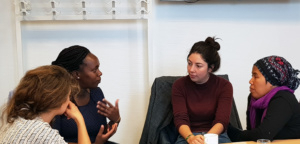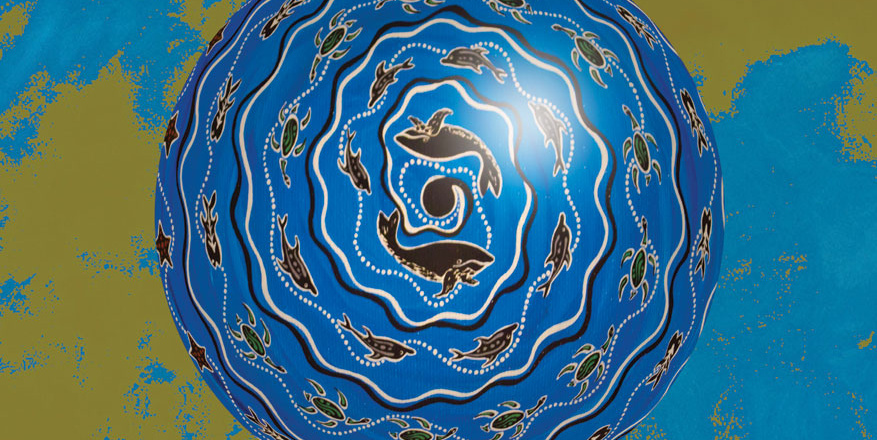Introduction
In the summer of 2020, half a year into the pandemic, a group of women coming from different political experiences and life paths working and living in Italy decided to come together as a rural feminism collective called Tutte Giù Per Terra and learn autonomoulsy how to organize, host and record several radio episodes. Anna Katharina Voss, Ilenia Iengo, Irene Leonardelli are PhD students and Stefania Barca mentor in the WEGO-ITN project, Miriam Corongiu is a farmer, Maddalena Cualbu a shepherd and Katya Madio a teacher. We gathered weekly to discuss topics, news, share experiences in order to build a collective knowledge upon which we planned our episodes.
Radio shows were again very popular since the beginning of the pandemic, which reduced the spaces to encounter and discuss in person, but allowed for new and old methods of dissemination and organising to bloom. We sought the opportunity to participate in a radio channel called Radio iafue per la terra, an information and dissemination project run by Alleanza sociale per la sovranità alimentare, an Italian movement bringing together farmers and farm workers for food sovereignty.
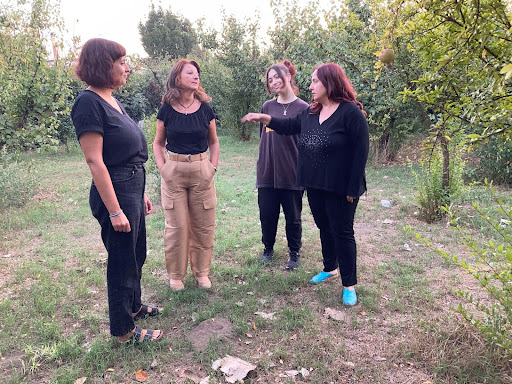
This is how we started the FPE dialogues in Italy, shaping them around 6 radio episodes, where the collective Tutte Giù Per Terra aimed to create a space for encounters of different grassroots experiences that engage with agroecology, women and LGBTQIA+ self-determination in rural areas, ecofeminist struggles against environmental contamination and neoliberal processes in the rural world and alliances across rural and urban feminisms. We intended to reach a public of alternative agricultural networks, undergraduate and graduate students and activists engaged in Political Ecology and transfeminism across the country.
We propose below the recording of these six radio episodes (all in Italian) with a short summary in English indicating the speakers and the main topics discussed. With this experience we grew collectively from the internal discussions, preparation and organisation, and we acquired editorial and hosting skills for radio shows. We aimed to share and amplify knowledge in the fields of feminism and agriculture/rurality in Italy, especially regarding alternative agricultural practices and political networks working on commons, depatriarchization of practices and environmental violence.
Yet the FPE Dialogues in Italy did not only involve online conversations through the different radio episodes. At the end of September 2021, some of us physically met in Naples to learn more about each other’s work and strengthen our collaboration. In particular, Ilenia, Irene and Stefania spent an afternoon with Miriam Corongiu at her Orto Conviviale, the farming project that she manages just outside of Naples, where she also lives. As activists and researchers in the Land of Fires (La Terra dei Fuochi), Ilenia, Stefania and Miriam have known each other and worked together for a long time. Instead, Irene, who is from the North of Italy and currently lives in the Netherlands, met Miriam for the first time.
We walked around the farm admiring the plants and trees that Miriam (together with her husband and daughter) is growing. We sat together and listened to Miriam’s experience about what it means to be a woman farmer in the Land of Fires. We discussed the strength of her work as a political project. We shared experiences and stories of other women farmers involved in agroecological projects in different places where we have lived and worked (India, north of Italy, Spain, Romania). We talked about the struggles and the joys that come from farming a land with attention to preserving traditional seeds and trees and learning from traditional practices, taking care of the soil, the water and cherishing the harvest each season. Miriam’s Orto Conviviale represents a place of resistance and struggle in the midst of a land that keeps burning. It is also a place of conviviality and sharing where local women meet to buy fruit and vegetables but also to sit together and discuss, share experiences, do politics.
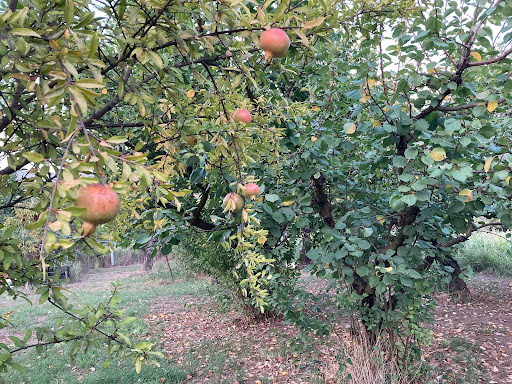
Learning from Miriam’s project while being there in person, enjoying the delicious food she prepared with all her harvest, was incredibly inspiring to reflect on what it means to actually practice feminist political ecology and on the importance of farming collaborations blurring the binaries between research and activism and urban and rural socio-ecological spaces. We hope that the FPE Dialogues in Italy, and all the conversations we fostered through and beyond the radio programmes, will continue to flourish in this direction….
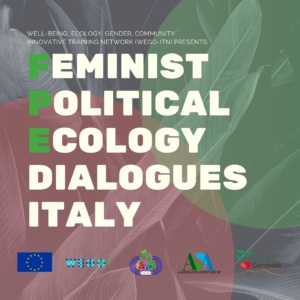
Watch – and listen to – the full episodes here:
Episode 1 – An introduction to rural and peasant feminisms
Episode 2 – A dialogue on feminism and care for the territory with Comunità rurale diffusa
Episode 4 – A dialogue on the restanza movement in Irpinia with Maria Laura Amendola
Episode 5 – A dialogue on farmers protests in India with Irene Leonardelli and Arianna Tozzi
Episode 6 – A dialogue on the 8M feminist strike and territorial resistances


